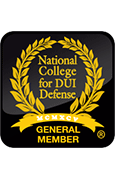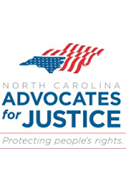What does probable cause mean?
As you drive along on the road, you may notice a police car put on its lights as the driver instructs you to pull over and stop to talk. After pulling you over, the officer must have hard facts in order to proceed with an arrest. Falsely or hastily placing someone under arrest without probable cause can lead to worse issues later on. How it is used According to FindLaw, probable cause is important when determining whether or not a person is performing an illegal action or carrying an illegal substance around. Putting someone under arrest when there is no proof or hint...
Continue reading






















